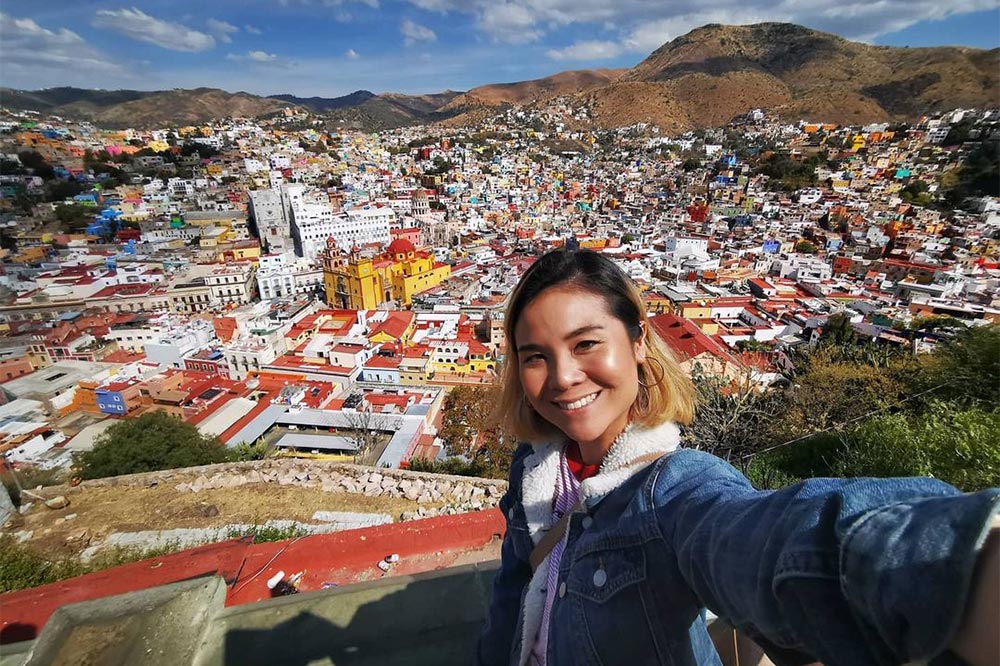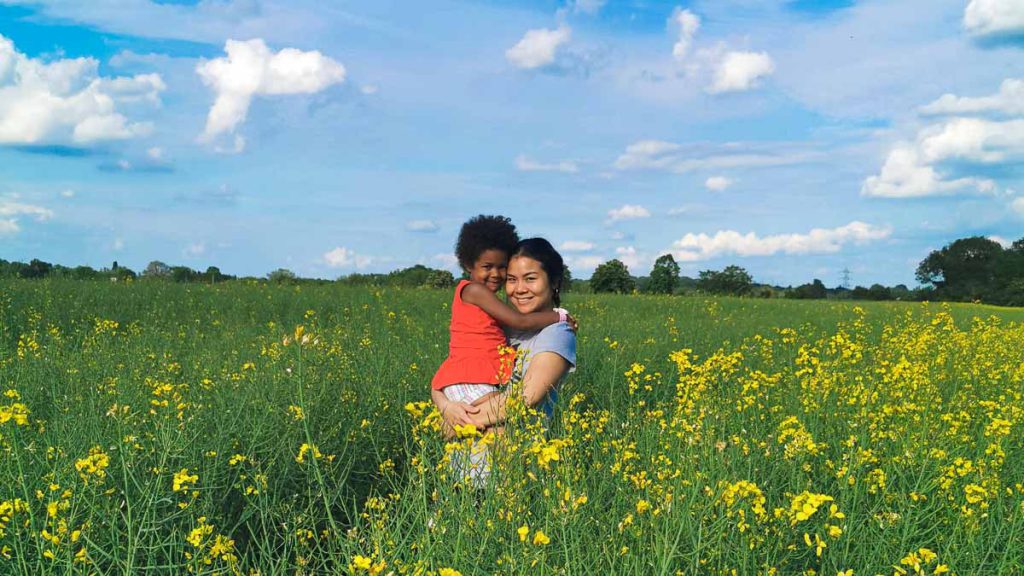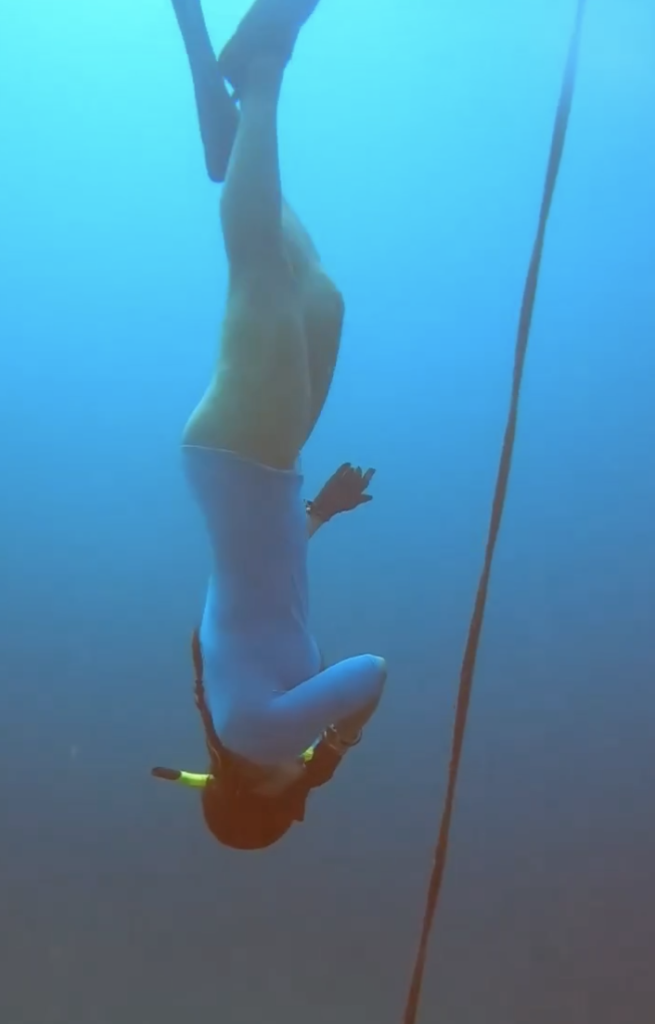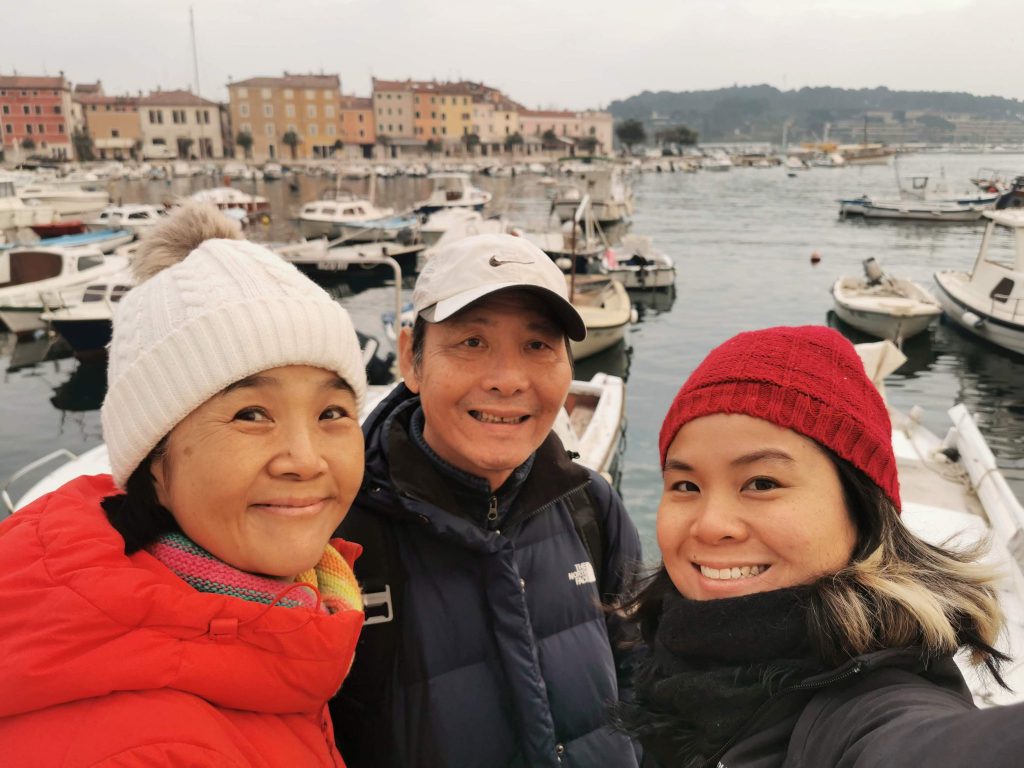Why this S’porean gave up a S$7,000 monthly salary to “slow travel” and be a digital nomad
7 min readIn a world tethered to traditional career paths and societal expectations, Jane Tor has embarked on a unique journey that led her from the confines of an unfulfilling corporate career to a liberating digital nomad lifestyle.
Leaving behind a career as an insurance agent, the 31-year-old defied the conventional narrative and embraced a digital nomad lifestyle in the wake of personal challenges.
Jane’s decision to become a digital nomad was driven by a desire for healing amid a personal crisis.
After a two-year marriage with her airforce pilot husband ended, Jane found herself at a crossroads. Instead of succumbing to the heartbreak, the National University of Singapore (NUS) graduate chose to break free from the life she had meticulously built in Singapore.
“I was going through a divorce and couldn’t stand the thought of staying in Singapore – a place I was already planning to leave for some time. I didn’t pursue a digital nomad career but would say I became a Covid-born digital nomad,” Jane reflects.
It all started from an extended backpacking trip
In 2018, Jane bid farewell to her insurance job, which paid her a monthly salary of about S$7,000, and embarked on a journey that initially took her to China to explore its business landscape. However, fate had other plans.

In January 2020, as COVID-19 wreaked havoc across Asia and Europe, Jane found herself on a backpacking trip to Mexico trying to nurse a broken heart. What was meant to be a one-month escape evolved into a indefinite time of self-discovery.
A friend of mine told me about Workaway — it’s a volunteer platform where you can exchange hours of work for free room and board. I did it for seven months in order to travel for a longer period of time.
It showed me a different way of travelling, one that is slow, and intentional. I met many travellers who’d been on the road for years and thought, ‘this is a life I could explore’.
– Jane Tor

Through Workaway, she did all sorts of work — she was a babysitter, worked in a hostel, and even helped restore an old Victorian home.
“I did many things I couldn’t have done in Singapore — lay bricks, mow the lawn, bring children for outdoor excursions, be a tour guide to other tourists in Albania, [and] cook for 10 British people on a Sunday roast night,” she added.
Through these “eye-opening” experiences, Jane said she managed to make many friends with fellow travellers as well as locals.
Navigating remote work and financial planning

Jane currently works as a freelance project manager, primarily working for a digital marketing agency based in Singapore, which allows her the flexibility to “slow travel” around the world.
The projects they assign me pay a decent income so I don’t need other freelance jobs, but I’ve been approached by a few companies to consider their remote roles. With my existing employer, we negotiated an arrangement so that I would come back to Singapore every few months just to bond with the team and synergise with everyone.
– Jane Tor
In the initial six months, she was offered a short contract to test the feasibility of remote work. It was agreed that Jane would return to Singapore every month for a few days to foster a strong connection with her team.
As the trial period proved successful, negotiations evolved, allowing Jane to return every few months instead of monthly. “To compensate for my efforts, my bosses even give me flight allowance, which I take as a sign of support,” she added.
However, the journey wasn’t without its challenges. Loneliness, a common struggle for digital nomads, was something Jane confronted head-on. Choosing personal freedom over the comfort of home, she learned to be comfortable with her own company.
The alienation from friends and the difficulty in relating to their goals and aspirations were also challenges, but Jane viewed it as a natural part of her evolving journey, letting go of what no longer served her.
Financial considerations also played a pivotal role in Jane’s transition. Despite accepting a 50 per cent pay cut from her previous salary as an insurance agent, Jane emphasises the importance of disposable income. “It’s all about making money work for you,” she asserts. This shift allowed her to spend less and invest more, aligning with her newfound lifestyle.
Financial planning became crucial for Jane, especially in the absence of Singapore’s Central Provident Fund (CPF), as she meticulously planned for medical expenses and a retirement fund.
Jane’s budgeting strategies are equally disciplined. With monthly expenses ranging from S$500 to S$1,500, she ensures a surplus for investments and supporting her parents.
I do earn more than S$3,500 now, so it means I have more than 50 per cent of my salary to invest and save. Again, it’s all about disposable income — increase it by spending less. Living expenses outside of Singapore can be very cheap. In Bali, I spend about S$500 to S$600 on expenses alone. Even in Italy, it’s only about S$900 to S$1,000 a month.
– Jane Tor

Maintaining work-life balance is also a challenge for many remote workers, but Jane tackles it by integrating her hobbies into her travel destinations. Choosing countries where she can pursue activities like free diving, kitesurfing, and hiking, she finds a balance between professional commitments and personal fulfilment. Joining local events and digital nomad groups also provides interaction and a sense of community while working on her own at home or in co-working spaces.
To date, Jane shared that she has travelled to more than 50 cities. She confessed that she has lost track as she “stopped counting” over time, adding that she much prefers beachside cities or towns.
“[My partner and I] usually pick places we can stay in for at least three months. Nowadays, our budget is a bit bigger so we can go anywhere, but we keep going back to places where we have friends so that we can build our communities anywhere we go.”
Her only regret is not starting earlier
Although the decision to embrace a nomadic lifestyle wasn’t without its challenges, Jane found unwavering support from her family, especially her parents. Since her departure in 2020, they have not only supported her decision, but actively participated in her journey.

I’m very grateful to have such wonderful parents, who aren’t easily influenced by our societal expectations of children.
They stayed with me in Croatia for a month, my mum in Italy for a month, my dad in Bali for a month, and the whole family including my brother and his girlfriend for two weeks in Thailand (Koh Phangan and Koh Tao). My family has always enjoyed traveling and after I started my digital nomad journey, my parents also embraced the idea of retiring outside of Singapore.
– Jane Tor
When asked if she had any personal reservations before embarking on this journey, Jane said that she tends not to look back after making a decision. Instead, she focuses on moving forward, looking for solutions that align with what she knows, what she doesn’t know, and what she wants to achieve. The result is a lifestyle she loves, free from the constraints of her previous existence.

Reflecting on her digital nomad journey thus far, Jane dismisses regrets, emphasising the right timing for her transformation. “I regret not embarking on this much earlier, but I know it happened at the right time,” she laughs. The lessons learned and the personal growth experienced on this journey fill her with gratitude and a deep appreciation for life’s richness.
The impact of being a digital nomad goes beyond professional flexibility. Jane sees it as a catalyst for personal growth, teaching her to be a better human. Breaking out of her comfort zone, she embraced experiences, recognising that each holds a valuable lesson, be it good or bad.
This journey is a “learning platform”, Jane declares. For her, every experience that contributes to personal growth is a triumph. This philosophy paved the way for her transformation into a digital nomad, seeking not just a change in scenery, but a profound shift in perspective.
Jane’s commitment to fostering a community for digital nomads and like-minded individuals is a testament to her desire to share the wealth of experiences. She has created a Telegram group chat called ‘Going Slow’, which is an avenue for people to find tips, meet up overseas, and offer support to others on their digital nomad journey.
“We’re also made up of slow travellers — people who are doing their sabbatical/gap year, so it’s not just digital nomads,” she explained. Most recently in November, the community has also launched a collection of travel stories on Instagram and TikTok.
In the spirit of adventure, Jane offers simple yet profound advice to those considering the digital nomad lifestyle.
Just do it. You will gain much insight and perspective into who you are, and that’s really just the start of something greater than you can imagine. Let the doors open to you, and let your feet pull you into the adventure.
– Jane Tor
Featured Image Credit: Jane Tor



